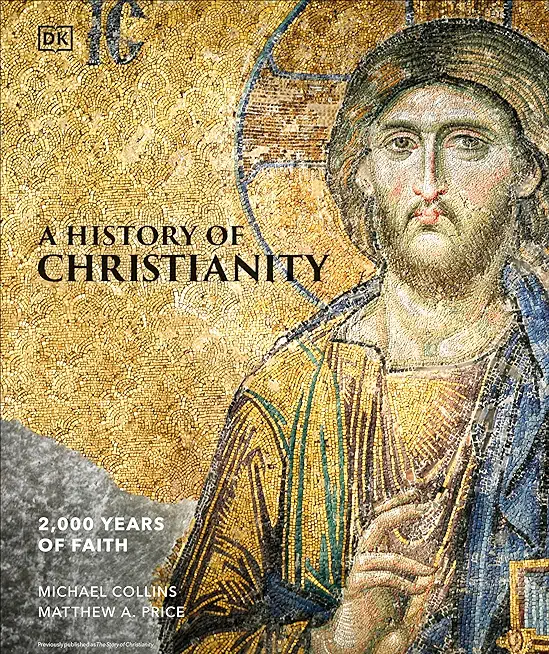
For six years, Bruno was able to enjoy the life he had chosen with his brothers, but early in 1090, he was summoned to Rome by a former pupil, Pope Urban II, to help him in the reform of the Church. The Pope would only countenance his longed-for return to the eremitic life, if he would establish his hermitage closer to the papal court. Bruno chose a forested valley in Calabria for his foundation, and he died there on October 6th 1101. He wrote two letters full of tender love which have been inspiring Carthusians, as his followers are called, for nine centuries.
member goods
notems store

Rite of Christian Initiation of ...
by International Commission on English in t
Hardcover /Hardcover$32.38
listens & views

KARAOKE: MONTY PHYTHON'S SPAMALOT / ...
by KARAOKE: MONTY PHYTHON'S SPAMALOT / VARIOUS
COMPACT DISCout of stock
$20.99





